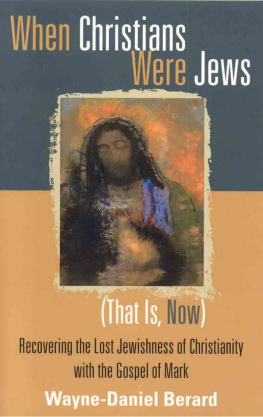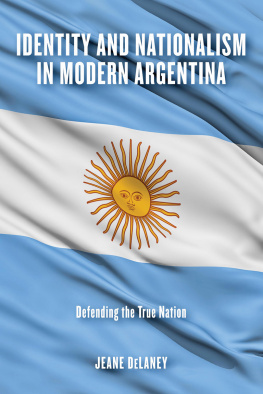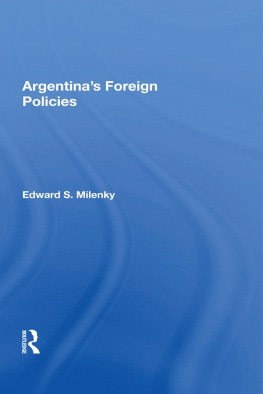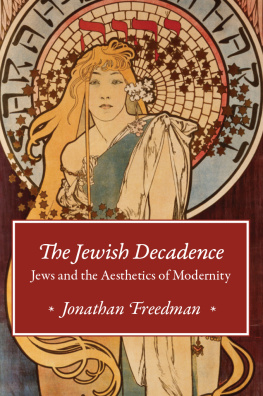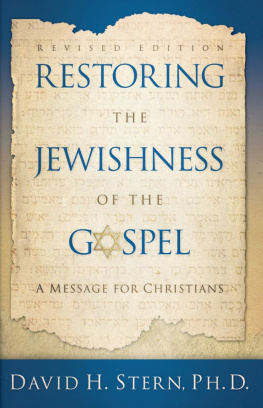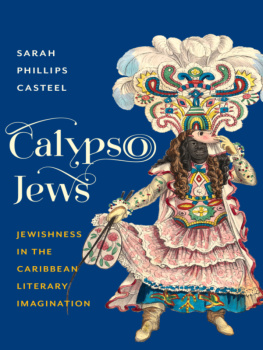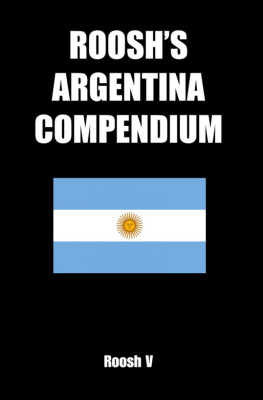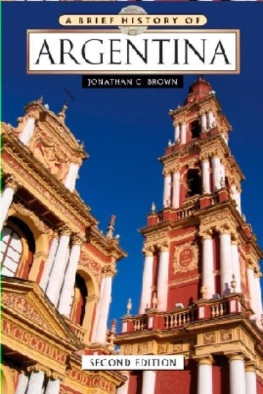Amy K. Kaminsky - The Other/Argentina: Jews, Gender, and Sexuality in the Making of a Modern Nation
Here you can read online Amy K. Kaminsky - The Other/Argentina: Jews, Gender, and Sexuality in the Making of a Modern Nation full text of the book (entire story) in english for free. Download pdf and epub, get meaning, cover and reviews about this ebook. year: 2021, publisher: State University of New York Press, genre: Home and family. Description of the work, (preface) as well as reviews are available. Best literature library LitArk.com created for fans of good reading and offers a wide selection of genres:
Romance novel
Science fiction
Adventure
Detective
Science
History
Home and family
Prose
Art
Politics
Computer
Non-fiction
Religion
Business
Children
Humor
Choose a favorite category and find really read worthwhile books. Enjoy immersion in the world of imagination, feel the emotions of the characters or learn something new for yourself, make an fascinating discovery.

- Book:The Other/Argentina: Jews, Gender, and Sexuality in the Making of a Modern Nation
- Author:
- Publisher:State University of New York Press
- Genre:
- Year:2021
- Rating:4 / 5
- Favourites:Add to favourites
- Your mark:
The Other/Argentina: Jews, Gender, and Sexuality in the Making of a Modern Nation: summary, description and annotation
We offer to read an annotation, description, summary or preface (depends on what the author of the book "The Other/Argentina: Jews, Gender, and Sexuality in the Making of a Modern Nation" wrote himself). If you haven't found the necessary information about the book — write in the comments, we will try to find it.
The Other/Argentina looks at literature, film, and the visual arts to examine the threads of Jewishness that create patterns of meaning within the fabric of Argentine self-representation. A multiethnic yet deeply Roman Catholic country, Argentina has worked mightily to fashion itself as a modern nation. In so doing, it has grappled with the paradox of Jewishness, emblematic both of modernity and of the lingering traces of the premodern. By the same token, Jewishness is woven into, but also other to, Argentineity. Consequently, books, movies, and art that reflect on Jewishness play a significant role in shaping Argentinas cultural landscape. In the process they necessarily inscribe, and sometimes confound, norms of gender and sexuality.
Just as Jewishness seeps into Argentina, Argentinas history, politics, and culture mark Jewishness and alter its meaning. The feminized body of the Jewish male, for example, is deeply rooted in Western tradition; but the stigmatized body of the Jewish prostitute and the lacerated body of the Jewish torture victim acquire particular significance in Argentina. Furthermore, Argentinas iconic Jewish figures include not only the peddler and the scholar, but also the Jewish gaucho and the urban mobster, troubling conventional readings of Jewish masculinity.
As it searches for threads of Jewishness, richly imbued with the complexities of gender and sexuality, The Other/Argentina explores the patterns those threads weave, however overtly or subtly, into the fabric of Argentine national meaning, especially at such critical moments in Argentine history as the period of massive state-sponsored immigration, the rise of labor and anarchist movements, the Pern era, and the 197683 dictatorship. In arguing that Jewishness is an essential element of Argentinas self-fashioning as a modern nation, the book shifts the focus in Latin American Jewish studies from Jewish identity to the meaning of Jewishness for the nation.
Amy K. Kaminsky is Professor Emerita of Gender, Women, and Sexuality Studies at the University of Minnesota. Her books include Argentina: Stories for a Nation and After Exile: Writing the Latin American Diaspora.
Amy K. Kaminsky: author's other books
Who wrote The Other/Argentina: Jews, Gender, and Sexuality in the Making of a Modern Nation? Find out the surname, the name of the author of the book and a list of all author's works by series.

